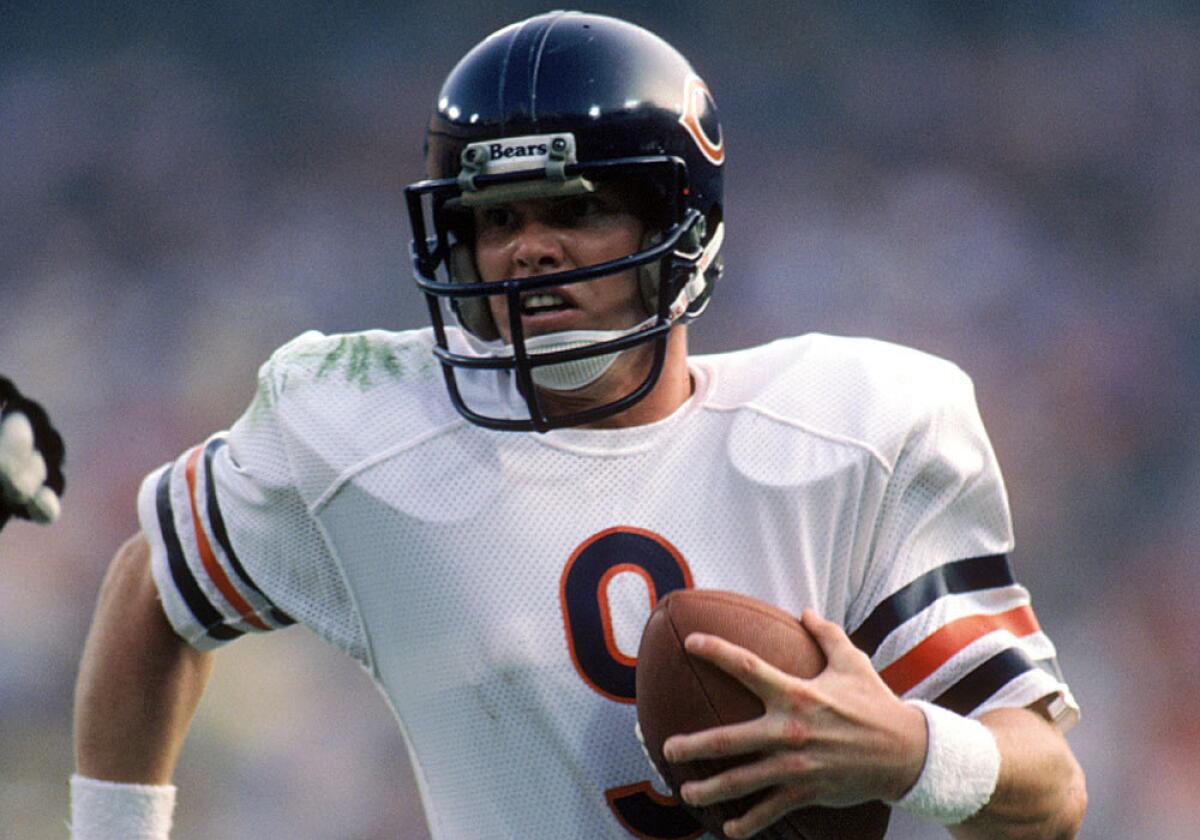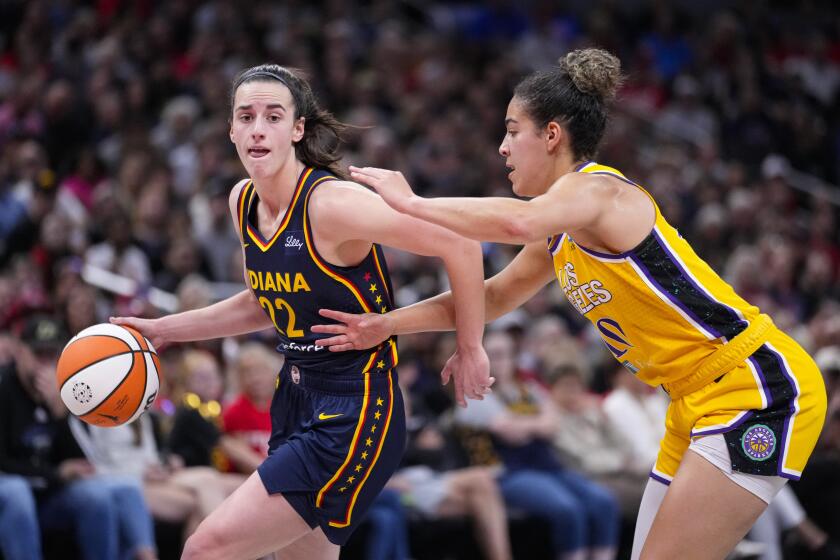NFL illegally gave them pills, painkillers, ex-players allege in suit

A group of former NFL players filed a class-action lawsuit Tuesday alleging the league routinely and illegally provided them with prescription pills and various painkillers, putting their health at risk, in order to keep them on the field.
The 87-page complaint, filed in U.S. District Court in San Francisco, claims the NFL “has intentionally, recklessly and negligently created and maintained a culture of drug misuse, substituting players’ health for profit.”
Richard Dent, Jim McMahon, Jeremy Newberry, Roy Green, Keith Van Horne, Ron Stone, JD Hill and Ron Pritchard are the eight named plaintiffs in the suit, and their lawyers say the entire group comprises more than 500 former players. Six of the eight named plaintiffs were also part of the group suing the league over head injuries.
“Pregame, maybe 15 other starters and I would receive a shot of Toradol,” Newberry said in a statement released by his attorneys. “During the game, I would often receive multiple injections of painkillers. After the game, I would take at least 2 Vicodin and occasionally additional pills. I would then be given beer by the team. Of course, we would then be given Ambien or some other sleep medication to sleep.” Newberry played for San Francisco, Oakland and San Diego from 1998 to 2008.
NFL Commissioner Roger Goodell was attending league meetings in Atlanta when he was asked about the lawsuit.
“I was only made aware of it just briefly,” he said. “I do not believe any of our attorneys have had the opportunity to look at it. As you know, I have been in meetings all day.”
The lawsuit raises questions for both sides. Among them, what was the players’ responsibility in abusing painkillers and/or mixing them with alcohol? Does the blame rest entirely with the league?
Mel Owens, among the attorneys representing the players and a former standout linebacker for the Los Angeles Rams, said the “culture of the NFL” is to blame for any abuse of painkillers and not the players themselves.
“When you’re 22 years old, and you present yourself to the doctor after the game and tell him your shoulder hurts, and he gets on his Dictaphone and says, ‘No. 50 has a shoulder injury. We’re going to load him up with a Special K…’” Owens said. “And you go, ‘What’s that?’ And he says, ‘Don’t worry about it, son.’ And then you think, ‘Well, this guy’s a doctor. I’m at the best of the best. He has my best interest at heart…’
“This is what’s happening. This is the NFL. It’s the NFL’s culture. They created it. So, no, there’s no culpability for the players.”
Hill said many players encounter their biggest problems after their playing days are done.
“As a player, you get all of these drugs for free over the years of your career,” Hill said in a statement. “Then suddenly you are released and the free supply stops overnight. Many players are addicted and turn to street dealers for the drugs formerly provided by the NFL. This then leads to other problems such as cocaine or heroin use, bankruptcy and prison.”
Lawyers for the plaintiffs say the lawsuit is unrelated to the class-action suits regarding concussions and brain injuries, for which a $765-million settlement has been reached but has yet to be approved in federal court.
“This lawsuit does not involve any head or brain injuries,” attorney Steve Silverman said in a news release. “We are concerned with harm from painkillers and anti-inflammatories that cause joint injuries by masking pain, addiction, and damage to internal organs.”
The lawsuit seeks an injunction creating a testing and monitoring program that would be funded by the NFL to help prevent addiction, injuries and disabilities related to painkiller use. It also seeks unspecified financial damages.
“The NFL knew of the debilitating effects of these drugs on all of its players and callously ignored the players’ long-term health in its obsession to return them to play,” said Silverman, of the Baltimore-based firm Silverman, Thompson, Slutkin and White, which also represents former National Hockey League players in a concussion-related lawsuit.
“The NFL made billions of dollars as a result of drug use that would be prohibited for horses.”
More to Read
Go beyond the scoreboard
Get the latest on L.A.'s teams in the daily Sports Report newsletter.
You may occasionally receive promotional content from the Los Angeles Times.











